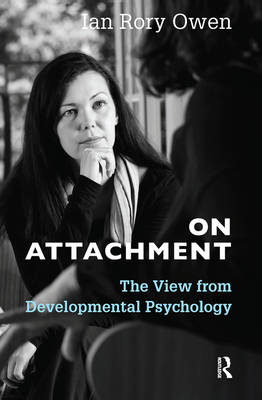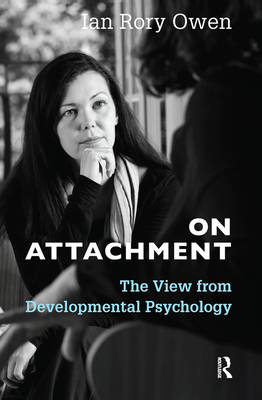
- Afhalen na 1 uur in een winkel met voorraad
- Gratis thuislevering in België vanaf € 30
- Ruim aanbod met 7 miljoen producten
- Afhalen na 1 uur in een winkel met voorraad
- Gratis thuislevering in België vanaf € 30
- Ruim aanbod met 7 miljoen producten
Zoeken
€ 244,45
+ 488 punten
Uitvoering
Omschrijving
Attachment theory occupies an integrative position between psychodynamic therapy and various perspectives within empirical psychology. Since therapy began, its way of thinking has been to interpret mental processes in relation to meaningful psychological objects between children and parents, partners, friends, and within individual therapy. This volume summarises the research literature relating to attachment theory in developmental psychology in order to clarify conclusions that support practice. Part 1 considers the received wisdom about attachment, and summarises the literature and what it means for understanding relationships and defences as part of development. Part 2 considers attachment in relation to emotional regulations, while part 3 applies the clarified understanding of attachment processes to inform assessment and therapy, and more broadly, mental health work in general. The ideas of Sigmund Freud and John Bowlby are used to reinvigorate psychodynamic practice.
Specificaties
Betrokkenen
- Auteur(s):
- Uitgeverij:
Inhoud
- Aantal bladzijden:
- 280
- Taal:
- Engels
Eigenschappen
- Productcode (EAN):
- 9780367104078
- Verschijningsdatum:
- 5/07/2019
- Uitvoering:
- Hardcover
- Formaat:
- Genaaid
- Afmetingen:
- 157 mm x 231 mm
- Gewicht:
- 635 g

Alleen bij Standaard Boekhandel
+ 488 punten op je klantenkaart van Standaard Boekhandel
Beoordelingen
We publiceren alleen reviews die voldoen aan de voorwaarden voor reviews. Bekijk onze voorwaarden voor reviews.











